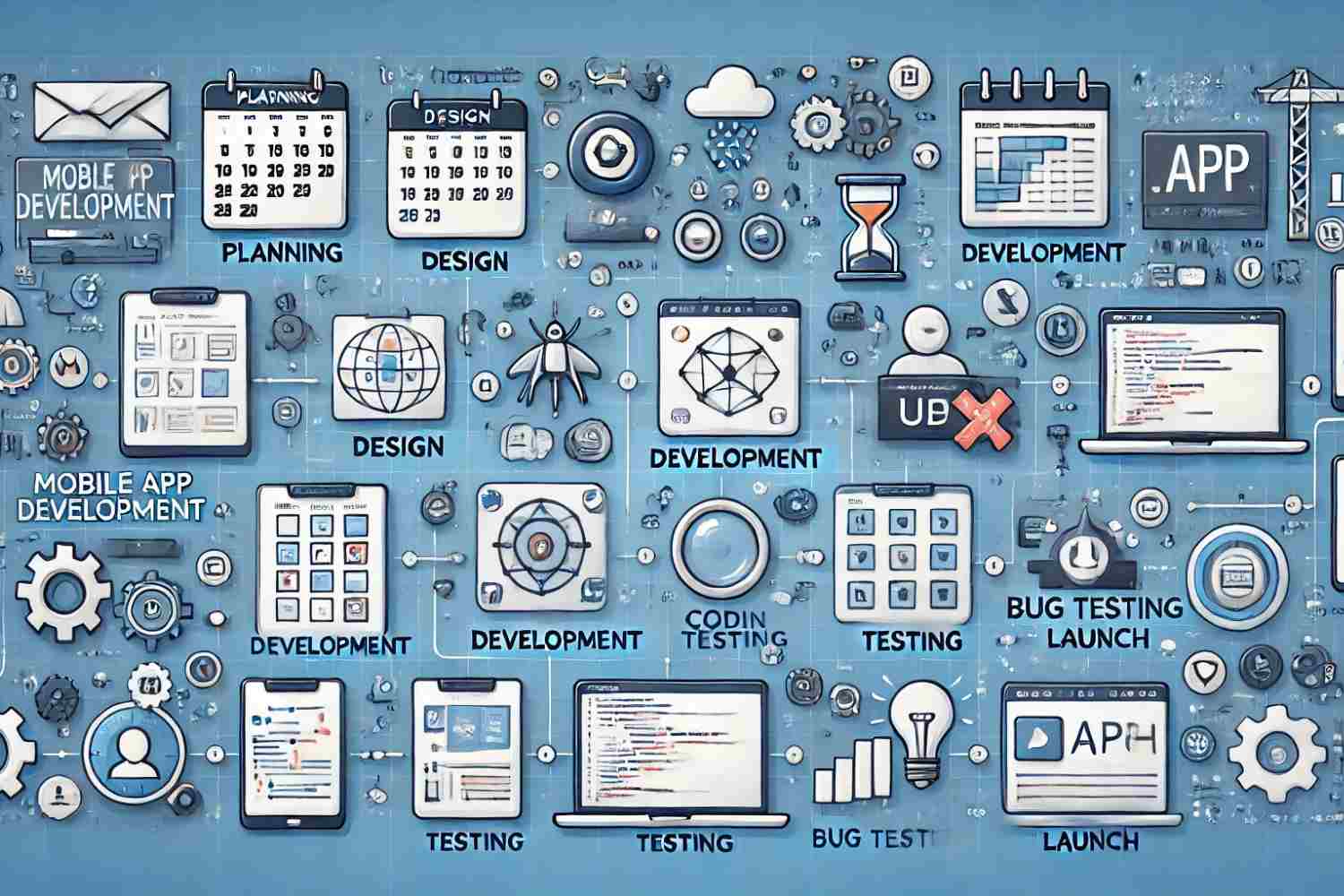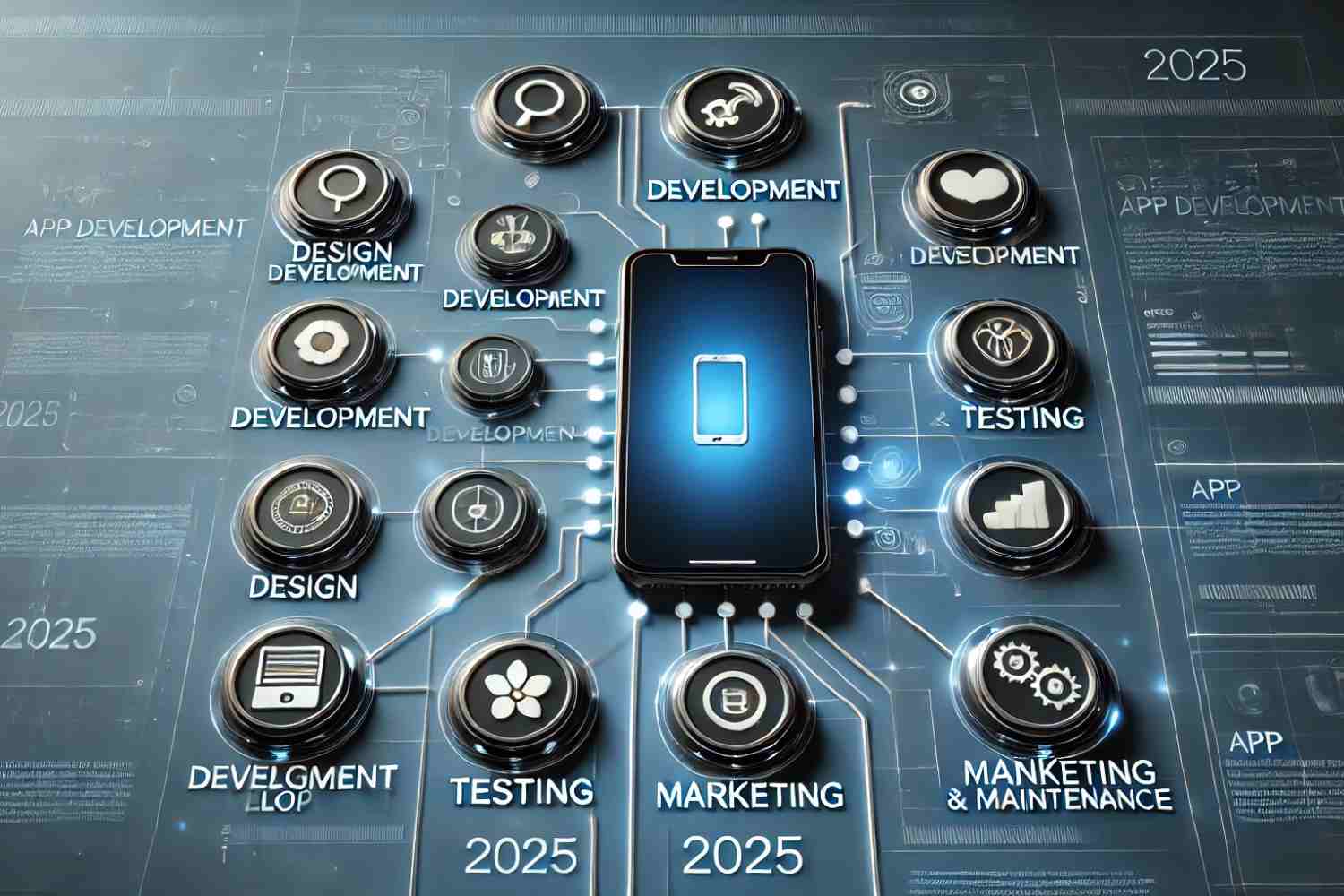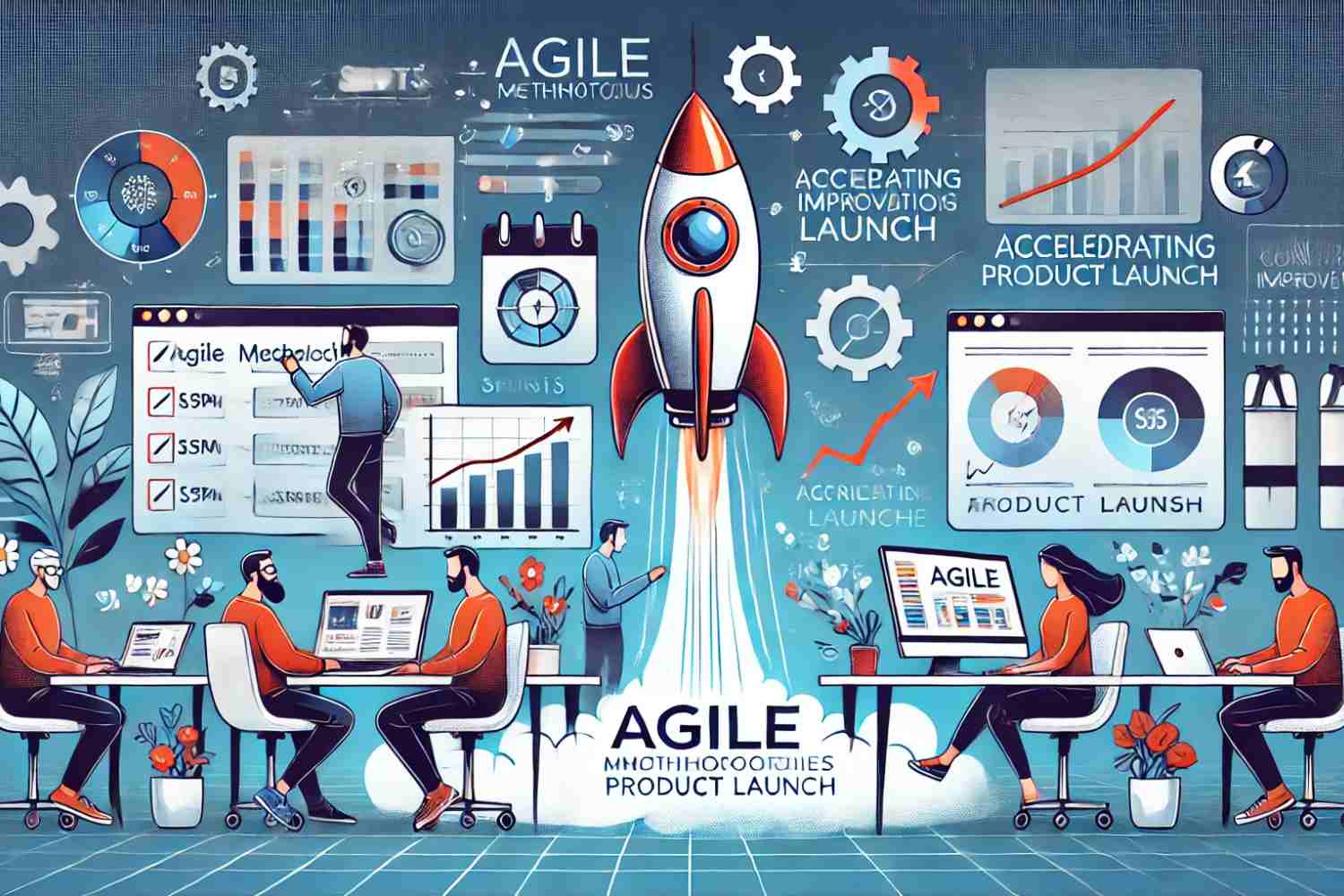When planning to develop a mobile app, one of the most common questions that arise is: How long does it take to develop a mobile app? The answer is not straightforward, as it depends on multiple factors. From the complexity of the app to the development approach, the process can vary greatly. In this blog post, we will dive into the factors affecting app development time, provide examples and case studies, and answer some frequently asked questions to help you better understand what to expect.
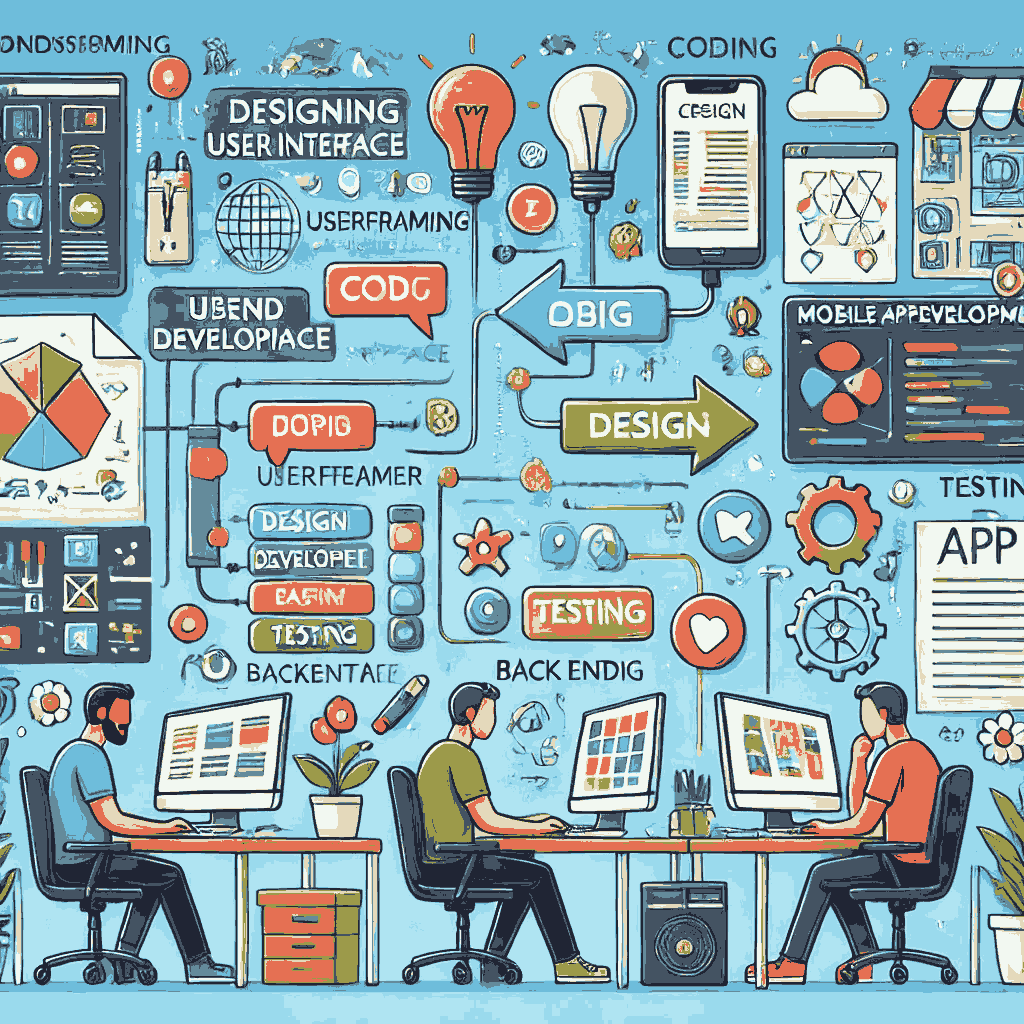
Key Factors Affecting App Development Time
1. App Complexity
The complexity of your mobile app is one of the biggest determinants of the development timeline. There are three main types of mobile apps:
- Simple apps (e.g., apps with limited features, such as calculators or weather apps)
- Moderately complex apps (e.g., social media apps, messaging apps, and apps with user authentication)
- Complex apps (e.g., apps with heavy databases, real-time syncing, e-commerce functionalities, etc.)
2. Development Time Estimate:
- Simple apps: 1 to 2 months
- Moderately complex apps: 3 to 6 months
- Complex apps: 6 to 12 months or more
3. Platform Choice
Whether you're building an app for iOS, Android, or both, the platform choice will impact the timeline. Developing for both platforms will increase the time compared to focusing on one platform. Additionally, if you’re creating a cross-platform app, it can slightly reduce development time as the same codebase is used for multiple platforms.
- Development Time Estimate:
- iOS or Android only: 2 to 6 months
- Cross-platform (using frameworks like React Native or Flutter): 4 to 9 months
4. Design and User Experience (UX/UI)
The design phase involves creating wireframes, prototypes, and the overall user interface of the app. A more intricate, custom design requires more time than using pre-designed templates.
- Development Time Estimate:
- Simple design: 1 to 3 weeks
- Custom, complex design: 4 to 8 weeks
5. Backend Development
Many apps need server-side functionality (back-end) such as databases, APIs, user authentication, etc. This backend complexity affects the timeline, as creating a robust backend can be time-consuming.
- Development Time Estimate:
- Simple back-end: 2 to 3 months
- Complex back-end (e.g., user management, real-time database, etc.): 3 to 6 months
6. Testing and Quality Assurance
Testing is essential for ensuring that your app works as intended and provides a smooth experience for users. This phase includes testing for bugs, performance issues, and usability.
- Development Time Estimate:
- Testing: 1 to 4 weeks (depending on complexity)
7. Team Size and Expertise
A larger development team with diverse expertise can potentially speed up the development process, but managing a bigger team may take more time initially.
Case Study: Development of a Yoga App
Client: YogaFit - A yoga app offering on-demand classes, tracking, and meditation sessions.
Objective: Build a user-friendly, feature-rich yoga app for iOS and Android platforms.
Features:
- Video streaming of classes
- Personal fitness tracking
- Custom workout plans
- Social features (sharing progress with friends)
- Integration with health data sources (Google Fit, Apple Health)
Challenges:
- Complex backend to manage user data and video content.
- Integration with multiple third-party APIs.
- Extensive UX/UI design with custom features like tracking and video player design.
Timeline:
- Design Phase: 4 weeks
- Development Phase: 6 months
- Testing & Quality Assurance: 1 month
- Total Time: 7 months
Outcome: The YogaFit app launched on time and saw a 25% increase in user engagement within the first three months.
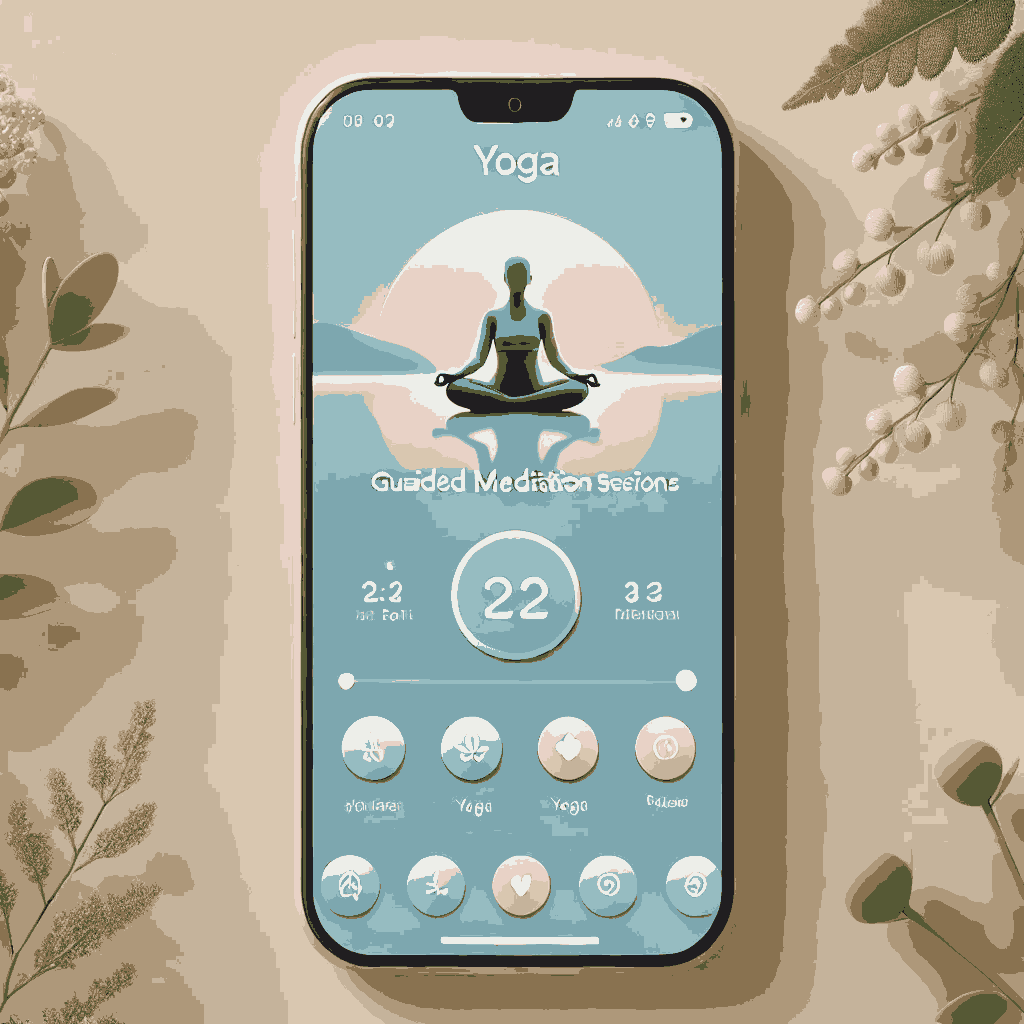
Example: Simple Expense Tracker App
Client: FinanceApp - A basic expense tracking app to help users manage daily expenses.
Objective: Develop a simple, intuitive app for tracking expenses with basic reports and notifications.
Features:
- Expense entry
- Categorization of expenses
- Monthly reports and notifications
Timeline:
- Design: 2 weeks
- Development: 2 months
- Testing: 1 week
- Total Time: 3 months
Outcome: The FinanceApp was completed in 3 months, and it attracted over 50,000 downloads in its first month.
Development Time vs. App Complexity
- Complexity -> Simple -> Moderate -> Complex
- Development -> 1-2 months -> 3-6 months -> 6-12 months
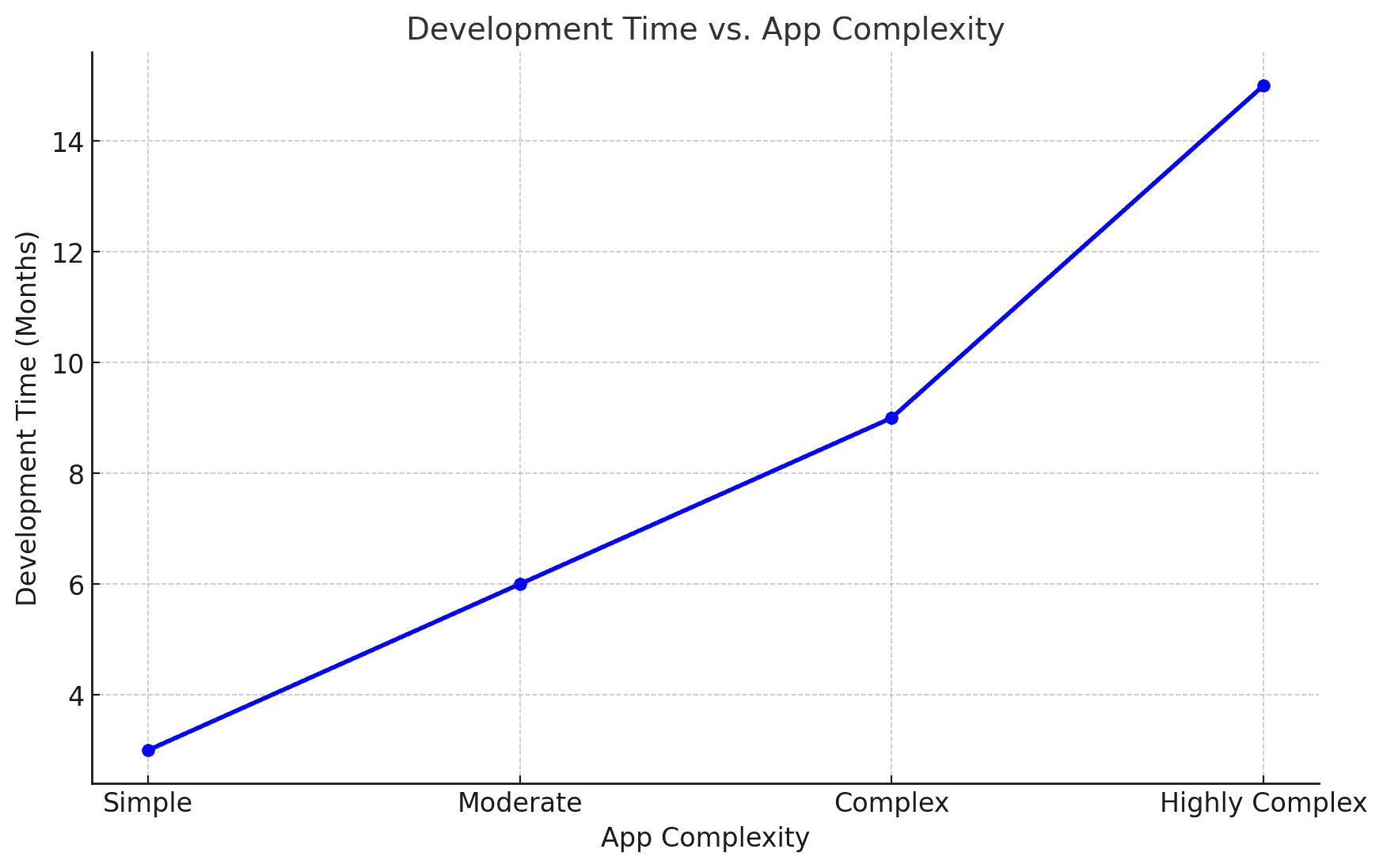
Conclusion
The time it takes to develop a mobile app depends on various factors, from its complexity and platform to the development team's size and expertise. Whether you're building a simple app or a more feature-rich one, understanding these variables will help you plan your project timeline better.
If you’re ready to build your mobile app, we at TRUE VALUE INFOSOFT specialize in developing both ready-to-use and customized yoga applications tailored to your business needs. Reach out to us for a free consultation!
FAQs
The cost of app development varies based on the features, complexity, and platform. A simple app can cost anywhere from $5,000 to $15,000, while more complex apps can cost $50,000 to $500,000 or more.
To speed up app development, you can:
- Use a pre-built framework for cross-platform apps (e.g., React Native or Flutter).
- Prioritize core features and release updates in phases.
- Use templates or existing designs for faster prototyping.
It's possible for very simple apps with minimal functionality to be developed in a month, but most mobile apps require more time due to design, testing, and backend integration.
Focus on rigorous testing, user feedback, and bug-fixing during the QA phase. Collaboration between developers, designers, and testers is key to a successful and well-functioning app.
